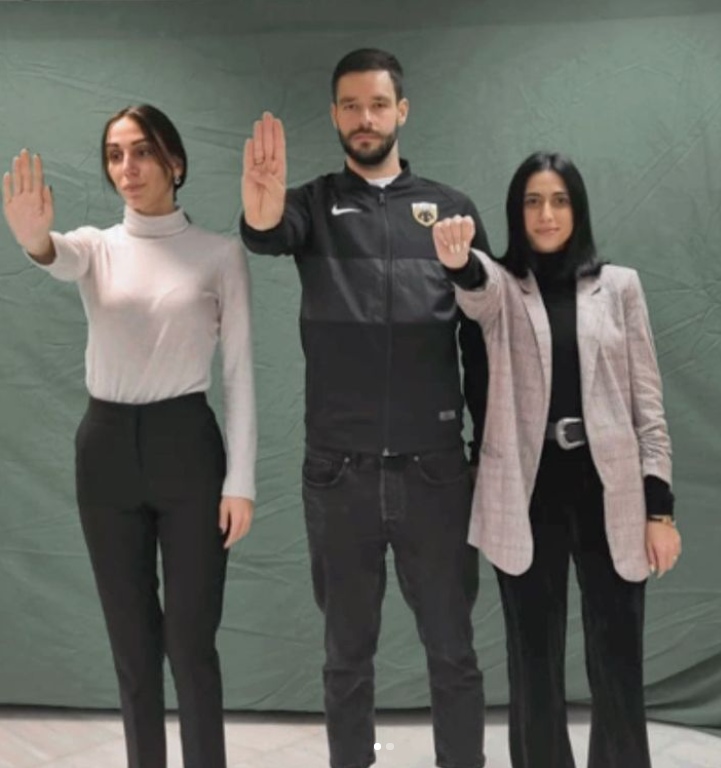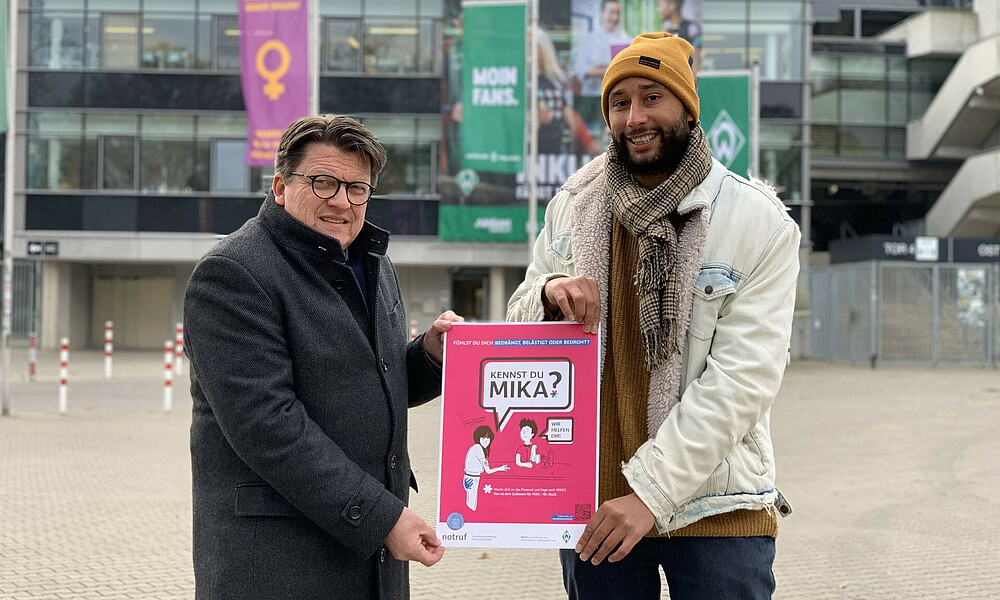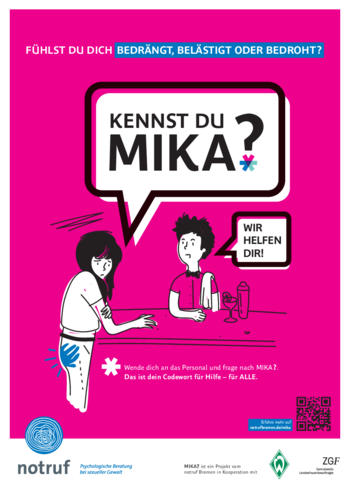International Day for the Elimination of Violence against Women
Nearly 1 in 3 women have been abused in their lifetime. In times of crises, the numbers rise, as seen during the COVID-19 pandemic and recent humanitarian crises, conflicts and climate disasters. A new report from UN Women, based on data from 13 countries since the pandemic, shows that 2 in 3 women reported that they or a woman they know experienced some form of violence and are more likely to face food insecurity. Only 1 in 10 women said that victims would go to the police for help.
While pervasive, gender-based violence is not inevitable. It can and must be prevented. Stopping this violence starts with believing survivors, adopting comprehensive and inclusive approaches that tackle the root causes, transform harmful social norms, and empower women and girls. With survivor-centred essential services across policing, justice, health, and social sectors, and sufficient financing for the women’s rights agenda, we can end gender-based violence.
This also includes people who do not identify as women or girls and are nevertheless affected by patriarchal violence. LGBTQI people in particular often experience violence. It is also important, in the sense of an intersectional view, to make visible the interconnections of sexist and racist violence, as well as other forms of violence. It is not only about physical violence, but also about psychological and structural violence.
Werder Bremen
At SV Werder Bremen home matches at the wohninvest WESERSTADION, people who feel harassed or threatened will in future be able to contact the staff discreetly and directly with the help of the prevention project “Do you know MIKA?”. The campaign will be presented on the occasion of the “International Day for the Elimination of Violence against Women” and will be effective for the first time for the duel with Erzgebirge Aue.
The programme was developed by notruf Bremen, the psychological counselling centre for sexual violence, in cooperation with SV Werder and on the initiative of the Awareness Working Group, an association of active Werder fans. In future, it will not only be available at the Osterdeich, but also in bars, discos and pubs throughout the city of Bremen.
In concrete terms, people can ask the question “Do you know Mika?” in the home and away areas, in the public and VIP areas to all staff who have been trained accordingly. At the same time, there are two further contact options: the e-mail address mika@werder.de and the telephone number 0421/43 45 94 000. The staff provide assistance by following the wishes of the person concerned without asking questions or assessing the situation. For example, a taxi can be ordered, a safe place can be offered if possible, a trusted person can be contacted, or the police can be contacted if desired. The campaign is aimed at all people who feel uncomfortable in the stadium.
“For us, “Kennst du MIKA” is an elementary building block in our efforts to increase awareness among visitors to home matches and at the same time an important result of the efforts of the Awareness Working Group, which I would like to explicitly thank at this point,” explains Dr. Hubertus Hess-Grunewald, President and Managing Director of SV Werder Bremen. “It is part of our social responsibility to provide effective assistance against sexual assaults and discriminatory behaviour that occur time and again and to integrate this into a holistic awareness structure in the medium term.”
Around the start at the home match against FC Erzgebirge Aue on Friday, 03.12.2021, 18.30 p.m., there will be numerous measures to draw attention to the programme. In addition to the notices in the stadium programme and on the big screen, you will find posters and stickers on mirrors in all toilets and in certain places in the VIP area. The digital tickets for the home games also bear a reference to MIKA.
Other EFDN members have taken to social media to share their messages against gender-based violence:
FUNDACIÓN REAL BETIS BALOMPIÉ
FUNDACIÓN ALCORAZ
INTER CAMPUS
BARÇA FOUNDATION
AEK Athens


Aris Limassol FC Social, Environmental, and Health Initiatives







